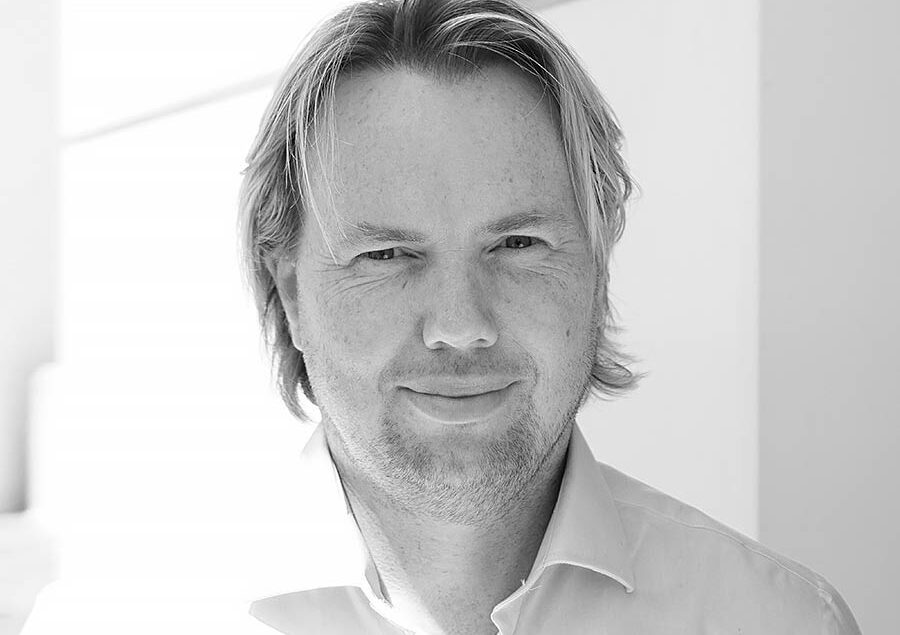Andreas Bardun: If you are in Brazil you will realise how important local football is, and there was a huge market gap

In an interview with the founder of KTO-Group, Andreas Bardun, we talk about the opportunities connected with the Brazilian market, as well as the problems that occurred there at the beginning of operations. In addition, we discuss the topics of working with influencers, and operating in the Peruvian market.
KTO Brazil was founded in 2019, which is quite recently, and you are one of the biggest brands in this country. How was it possible to achieve such growth in such a short time?
When we entered Brazil we were probably the only company that was trying to really give Brazilians a true Brazilian iGaming experience. While Sportsbook in Europe had evolved a lot with special markets, odds boosts etc they were all targeted for the European market and no one gave focus to the Brazilian players.
If you are in Brazil you will realise how important local football is, and there was a huge market gap. We also focused a lot on giving local customer support, and marketing in Brazilian portuguese. Another very important thing was payments, the biggest pain point in Brazil when we started was payment.
We also thrive to automate as many payments and withdrawals as possible and we were one of the first companies that embraced the Pix payment solutions a few years back. To summarize it we found a big market gap, to give the Brazilian sportsbook player the experience they deserve.
You cooperate with influencers on the Brazilian market. With whom exactly and how is this cooperation going?
We work with over 250 influencers at the moment. Our approach was to work with the “new media” including social media influencers and podcasts etc. I think a lot of operators were sleeping on this trend and we managed to build up a strong network of influencers. The key to working in Brazil is to have strong connections with our influencers, we see them as friends of the brand and we have a whole team that is dedicated to maintaining this relationship.
You are also active in the market in Peru. How is it different from the Brazilian one, what is your position there and what potential does this market have?
We have actually slowed down a bit in Peru because we are awaiting the regulation there, it is very different from Brazil. The market share is so dominated by 2-3 operators on the landbased side and online one company completely dominate the market share, this compared to Brazil where there are soo many different operators that are fighting to become the biggest and some just started few years ago to storm by big legacy operators, Peru has been a lot more stable and consistent. The only way to break the stalemate in Peru is to offer something different, to innovate to shake something up.

How significant do you perceive the recent developments in Brazil over the past month, with President Lula Da Silva signing Provisional Measure 1182 and the subsequent involvement of the National Congress in its regulation?
We are waiting to see how this will play out. What I learned from working with Brazil for over 4 years is that it is extremely complicated and nothing is straight forward. Currently there are a lot of rumours surrounding this provisional measure and I cannot speculate on it, but I still see this as a big first step towards a necessary regulation in Brazil and I am happy that we finally can see some movements towards regulation.
Are you content with the provisions that ultimately made their way into the final version of the Provisional Measure? How do you assess the proposed amendments that could potentially be included?
Overall we are happy with the PM except the taxation and fees. We believe the taxation is way too high and as a consequence I think there is a possibility of a black market in Brazil.
I hope the Brazilian government will see the same risk and make the necessary adjustment to the tax rate and the license and inspection fees.
I also think there are a lot of things to be added in the PM, because I think Brazil needs to see this in a much broader picture than tax collection, I would like to see more focus on responsible gambling, advertising ethics and prevention of match fixing. I think with regulation and we could work together with the regulator to reduce gambling addictions and match fixing.
What do you anticipate happening next in the Brazilian market? Has the recent series of events in Brazil influenced your evaluation of the potential of the market there in any way?
I expect once regulation in place we would see more foreign stock listed iGaming companies entering Brazil, and at the same time due to high license fee and taxes I expect a lot of consolidation through M&A because it will be tough for smaller operators to survive.
I think KTO is perfectly suited in this enviroment because we have some of the most experienced iGamign experts combined with some of the best local expert in Brazil to take on the stiffer competition that we expect.

